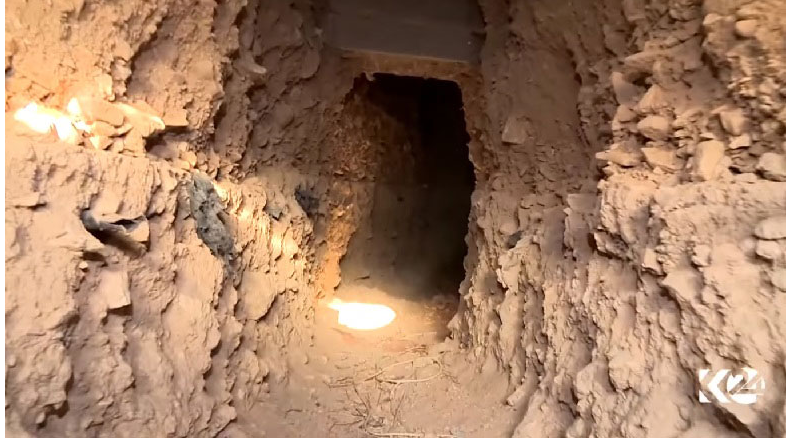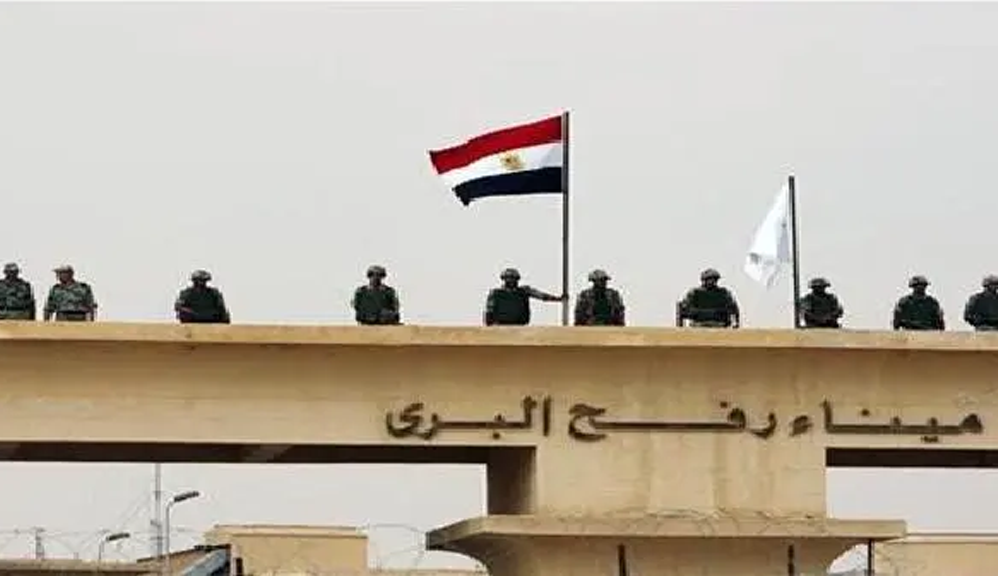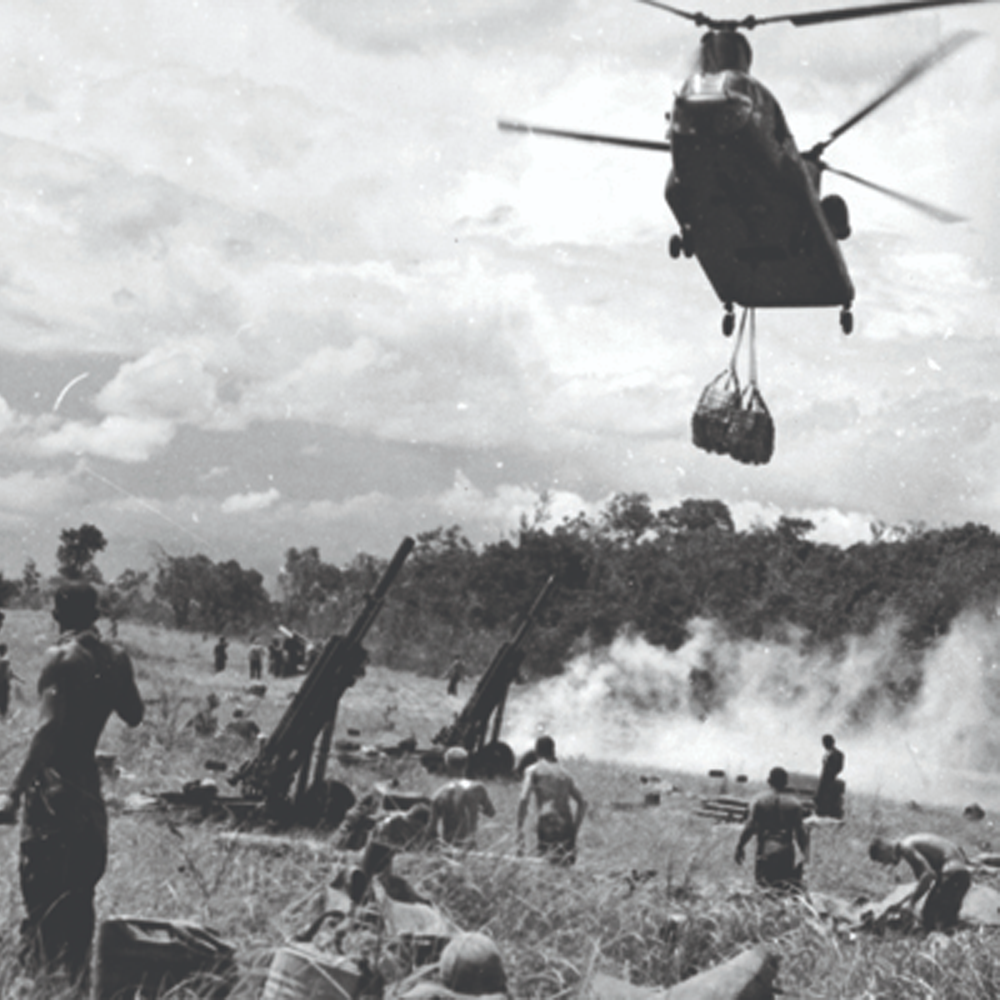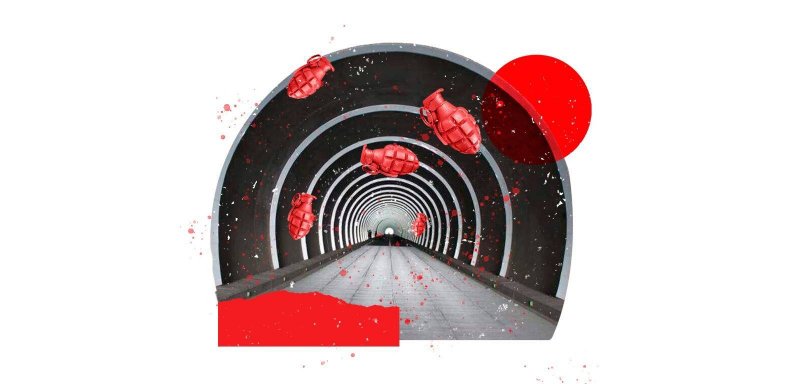Throughout history, underground cities and tunnels have often been linked to oppression. Many ancient cities were constructed hidden away from the sun's rays, and far from the shadows of tyranny. In later historical eras, cities of the persecuted were used as refuges during times of war. One example is Cappadocia in Turkey, discovered in 1963, which was initially used by Muslims seeking sanctuary from the Byzantines and later by Christians escaping the Ottomans. Additionally, tunnels and underground urban networks can be found beneath Berlin, and the "Naples Underground," a vast labyrinth of tunnels and catacombs beneath Italy's Naples, and in Pilsen in the Czech Republic.
Beyond their role as escape routes from oppressive authorities, what unites all these underground cities and tunnels is that they remained secret until their rediscovery. This certainly applies to the network of tunnels beneath Gaza today, referred to by the locals as "Gaza Underground," while Israel characterizes it as the "resistance's most powerful weapon."

When did the tunnel construction begin, and what challenges did it entail?
The construction of the tunnels began in 2007, following the imposition of a blockade on the Gaza Strip. The first tunnels were directed towards Egypt and aimed to bypass the economic obstacles of the blockade. Since then, tunnel expansion and construction have continued unabated.
Architect Raed Wahba, in an interview with Raseef22, elaborates on the various challenges associated with tunnel construction: "There are numerous challenges that any engineer could anticipate when planning tunnel construction. The primary challenge is the nature of the soil, which poses one of the most significant hindrances. During tunnel digging, the soil must be cohesive; otherwise, loose, sandy, or muddy soil could lead to collapses during the excavation process. Additionally, it is crucial for the construction to maintain its structural integrity while facilitating an infrastructure for transporting the excavated soil above the tunnel."
Military expert: "The map of the tunnels is a military secret. Some reports say that individuals who use these tunnels and aren't deemed trustworthy, are blindfolded upon entry and exit to prevent them from discerning the locations of tunnel entrances and exits"
He goes on to highlight additional challenges: "Another challenge could be the disposal of the copious amounts of soil generated during excavation, which is by no means a simple task, especially for the larger tunnels that allow trucks and cars to pass through. Additionally, there are the quantities of cement and iron needed for construction and structural reinforcement, ventilation, and lighting. The truth of the matter is that this work was carried out at exceptionally high levels, employing heavy machinery to overcome distances and operate in the scorching desert conditions. I believe this is what drove Israel crazy. How could all this construction be accomplished so easily, with such secrecy, in addition to the design, distribution, and orientations of these tunnels?"
Total secrecy
Khaled Al-Sayed, an alias for a military expert who wishes to remain anonymous, says, "Claiming that any intelligence agency, whether Israeli or otherwise, possesses the complete map of this (underground) city is an illogical assertion from a military perspective. The map of this city is classified as highly confidential information within the strategic agendas of both Hamas and the Islamic Jihad, who share ownership of the tunnels and their usage."
In 2021, Israel claimed to have destroyed over 100 kilometers of tunnels, dubbed "the spider with many legs". But 'the resistance' refuted this claim, saying the damage inflicted didn't exceed a mere 5% of its extensive tunnel network, spanning 500 kilometers
Khaled further elucidates in his statement to Raseef22, "What is meant by secrecy is that even most of the youth involved in the resistance don't know the tunnel map, even if they happen to know of a tunnel here or there. There are reliable guides, a select few within the ranks of the resistance, entrusted with guiding the fighters inside the labyrinthine passages. Some reports say that individuals who use these tunnels and aren't deemed trustworthy, are blindfolded upon entry and exit to prevent them from discerning the locations of the entrances and exits".
"The spider with many legs"
This is one of the labels used by the Israeli army for the tunnel network. IDF spokesperson Jonathan Conricus stated during an interview with CNN, "Think of Gaza as one layer for civilians and then another layer for Hamas. We are trying to get to that second layer built by Hamas. These are not civilian hideouts in Gaza."
As per the Palestinian Strategic Report of 2020-2021, Israeli officials repeatedly cautioned about the dangers of the tunnels and Hamas's ability to "emerge from beneath the earth." Each time Israel declared the destruction of tunnels, Hamas swiftly issued rebuttals, emphasizing the covert nature of these sites, where it conceals its weapons and operational centers, which function as shelters for strategic leaders and fighters during periods of bombardment.
Following the ceasefire agreement that followed the 2021 conflict, the Israeli army asserted that they had obliterated more than 100 kilometers of tunnels through aerial assaults. But "the resistance" refuted this claim, stating that the damage inflicted did not exceed a mere 5% of its extensive tunnel network, which spans a whopping 500 kilometers.
To grasp the extent mentioned in the previous statement on the tunnel network, which is known by various names in Israel, such as the "Gaza Metro", it can be equated to the length of the Paris Metro, which covers an area of 219 kilometers, or the distance between Mecca and Medina, which spans 400 kilometers.

The tunnels from the Egyptian side
The tunnel predicament isn't the exclusive concern of Israel alone. Jordan and Egypt have grappled with security issues related to the tunnels due to the repeated bombings of the Egyptian-Jordanian gas pipeline, which supplies the Kingdom with energy from Egypt, back in 2012. However, it remains primarily an Egyptian issue in terms of sovereignty, albeit impacting Jordan.
During the tenure of the late Egyptian President Mohamed Morsi, the Egyptian military council accused Hamas for the killing of 20 Egyptian soldiers in Rafah in August 2012.
Tunnel wars are much harsher than street warfare. With limited ventilation, constricted spaces, echoing sounds of untraceable origin, and the inability to retreat, the coming tunnel wars beneath Gaza will make the street battles "seem like a walk in the park"
By March 2013, the Egyptian military council initiated a sweeping campaign to seal off the tunnels that connected Gaza to Sinai, employing methods such as filling them in or flooding them with sewage water. This operation continued despite a request from President Mohamed Morsi to then-Defense Minister Abdel Fattah El-Sisi not to target the tunnels. This all came despite Hamas' pleas to Egypt not to destroy the tunnels until the border crossing could be reopened, and after Mohamed Badie, the General Guide of the Muslim Brotherhood, assured the then-Prime Minister of the Hamas government, Ismail Haniyeh, that the tunnel demolitions would cease.
Following the transfer of power to the military council, the Egyptian army established a buffer zone and intensified their efforts to fill and demolish the tunnels connecting Gaza to Sinai to control "terrorist infiltration," as per official army statements.

Will we witness a tunnel war?
In a recent statement regarding the possibility of a tunnel war, Colin Clarke, the director of the Soufan Center for Research in New York, asserts that Hamas "knows its tunnels inside out," noting that "some of them are booby-trapped," and they are "prepared to fight in such environments". He adds that Israel does not possess the intelligence it needs for this battle.
The Viet Cong used tunnels in their resistance against US forces during the Vietnam War. These subterranean passages were constructed by communist forces in the 1940s during their quest for independence from French colonial rule
For his part, Khaled Al-Sayed states, "Tunnel warfare is significantly more challenging than conventional street, air, or ground combat. Your comrade may be just two meters away from you, but you may not know where he is, and you may not know whether the person behind you is from your side or from the enemy’s side. The visual obscurity, limited ventilation, tight spaces, echoing sounds of untraceable origin, and the inability to escape or retreat – all of this would rekindle the nightmare experienced by the US military in Vietnam, but this time with the Israelis."
The Viet Cong had used tunnels in their resistance against US forces during the Vietnam War. These subterranean passages, constructed by communist forces in the 1940s during their quest for independence from French colonial rule, proved highly effective in the 1950s and 1960s during the American war in Vietnam. The Viet Cong's adept use of these tunnels played a pivotal role in inflicting substantial losses on US forces, earning this conflict the nickname the "Vietnam Quagmire".
In closing, Khaled Al-Sayed says, "I cannot imagine the tunnel wars ending in a week or a month. If it happens, it will make the street battles seem like a walk in the park."
Raseef22 is a not for profit entity. Our focus is on quality journalism. Every contribution to the NasRaseef membership goes directly towards journalism production. We stand independent, not accepting corporate sponsorships, sponsored content or political funding.
Support our mission to keep Raseef22 available to all readers by clicking here!
Interested in writing with us? Check our pitch process here!





